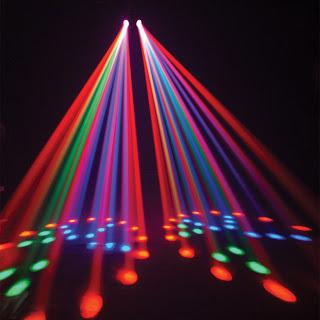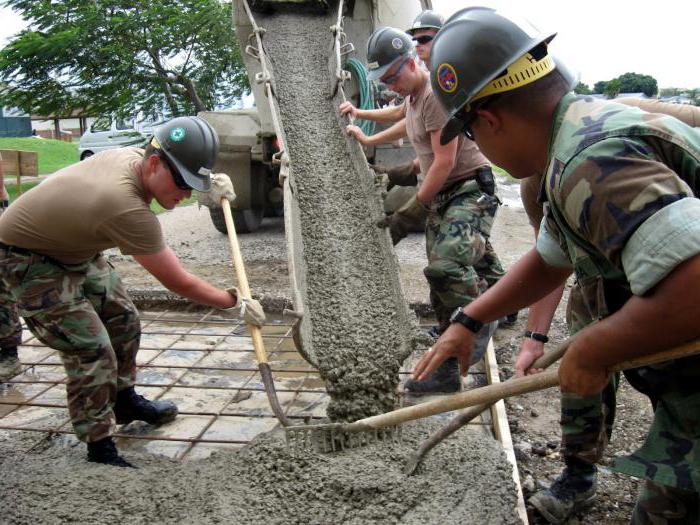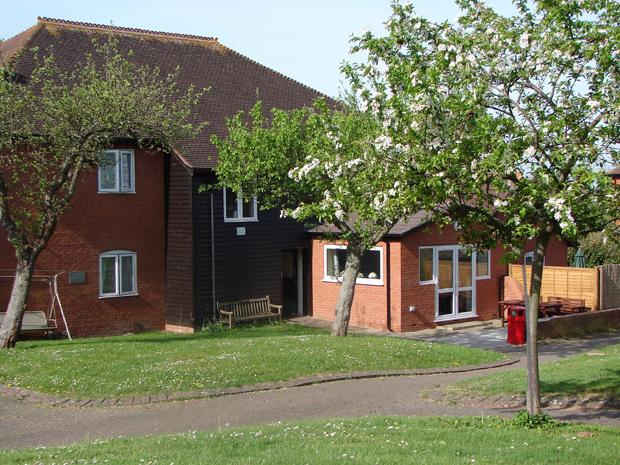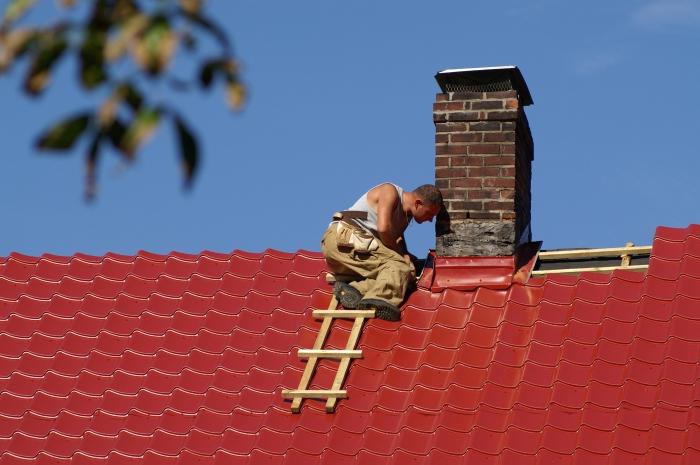The sloping path that you see along the perimeter of the walls of any building is called a blind area.

The blind area of the house is primarily intendedfor high-quality removal of flood water from its walls and basement. Also, it does not allow the growth of plants, trees, bushes near them, which have a negative effect on the foundation, which often leads to the formation of cracks on it and even to its subsidence.
The blind area at home with their own hands held before the startworks on facing the facade and foundation. As already mentioned, it runs along the entire perimeter of the building with a slope of 1.5-2% (50 cm wide by 10 mm). Its width depends on the protruding eave of the roof and the type of soil. As a rule, the blind area of the house has a width of 60-80 cm with the condition that its width is 20 cm greater than the projection of the roof eaves. If the structure is on subsiding soil, it is necessary to carry out its construction not only with a greater width, but also with a greater degree of gradient (5 °). When performing a bias, you do not need to overdo it, since the larger the ramp, the blind area of the house will be less beautiful and less convenient. After all, it is not the least of all in the overall design of the building and, moreover, it can be used as a footpath.

There are many options for its implementation.We will focus on the two most common: this is a blind area at home with the use of concrete and paving slabs. So, for the construction of a blind area of any kind, it is first necessary to remove the soil layer, which will prevent further work. We dig a ditch of the desired depth, which depends on the type of soil, remove the remnants of different roots. The use of special herbicides at this stage of construction will avoid further growth of vegetation in this place, which can lead to the disruption of the blind area. After the ditch is ready, compaction of all its layers is carried out by tamping (do not forget about the slope). The first will be the underlying layer, the components of which are clay and sand. Layers of these materials must be at least 10 cm in the packed form. The second is a drainage layer, which is made of rubble, the grain composition and fractions of which affect its thickness. It is also influenced by the appearance of the next, third layer of the blind area, which is called the finish.

According to the classics, due to the low cost asthe topcoat used is cement mortar. It should be noted that when using it for the final layer during the hardening of the solution, it is necessary to moisten it periodically with water. To do this, you can use moist burlap, hay or wet straw. This is done in order to increase the strength of the blind area. In order to make it more efficient, it is necessary to build a drainage system along the entire perimeter, it can be a usual concrete cavity (10-15 cm), which will serve for draining water from the blind.
Pieces are also used in the finishing layer.materials. The paving slabs are one of the most widespread types of these building materials. Such a blind area around the house, the price of which will depend on the cost of paving slabs, will colorfully highlight the structure and give it an aesthetic zest.















